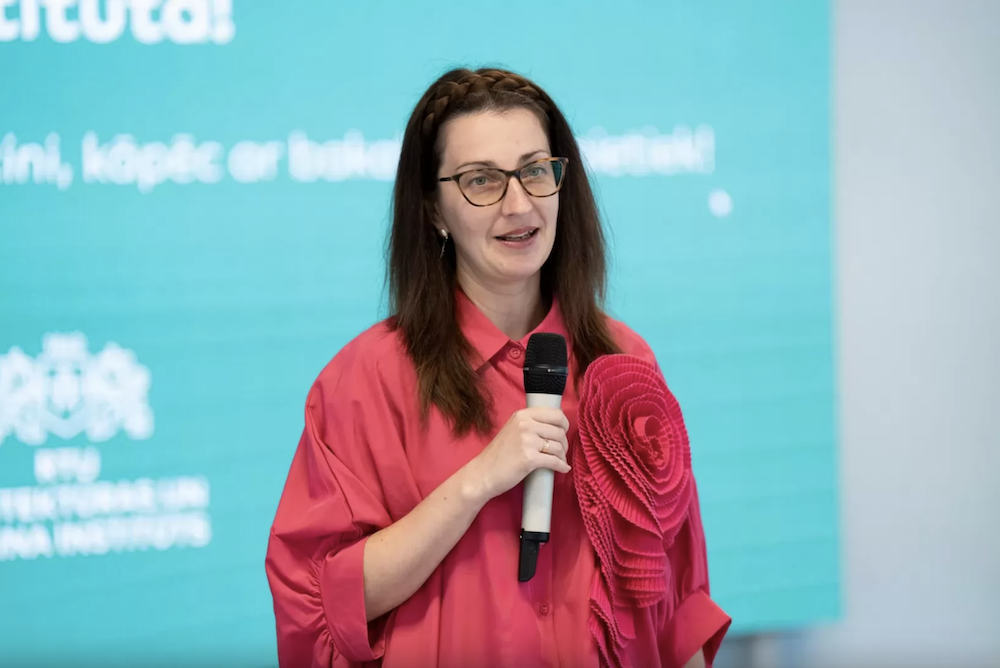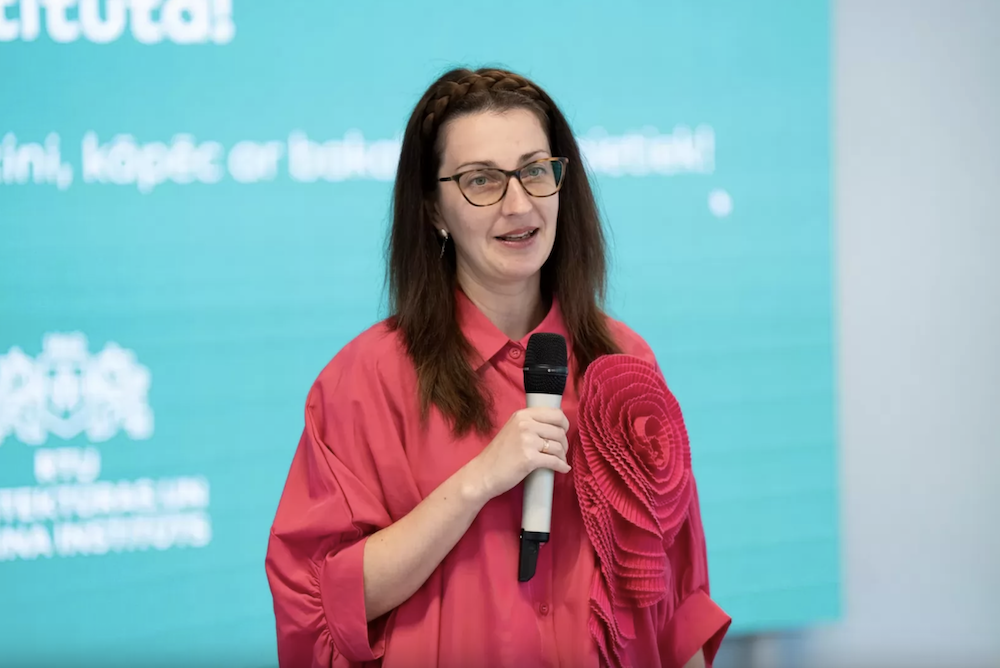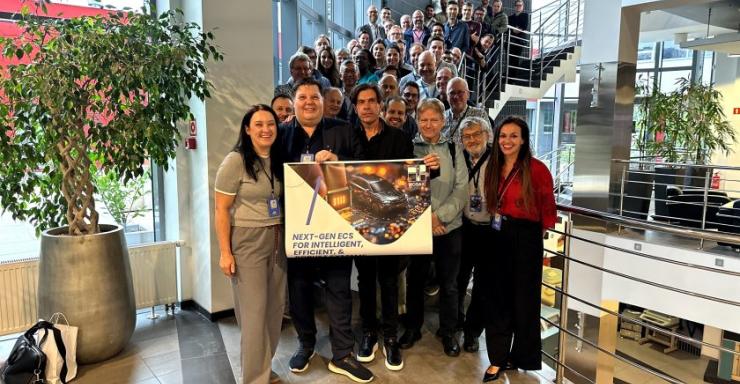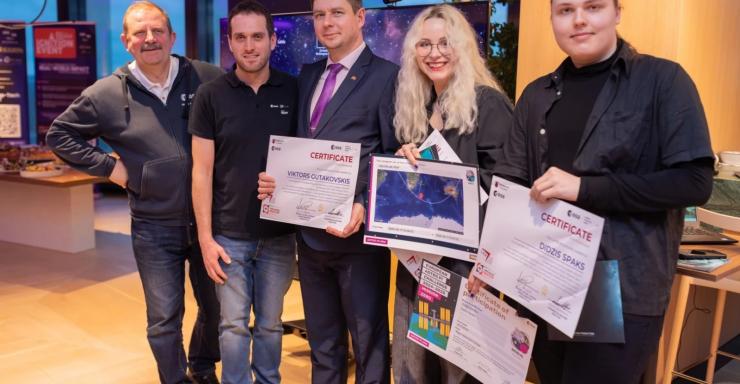Riga Technical University (RTU) has signed a licensing agreement with Amodera Lab Ltd. for the rights to use the electrospinning method for propolis nano- and microfiber membranes, developed by Zane Zelča, lead researcher at the RTU Institute of Architecture and Design.

The use of propolis in the development of antibacterial and antiviral materials is particularly important, as it does not promote bacterial resistance while at the same time ensuring high effectiveness and impact. This creates opportunities to develop safer, more natural, and more biologically compatible products for medical, hygiene, and bio-protection needs.
The solution developed by Z. Zelča is easily adaptable to industrial equipment, and the resulting materials are edible, easy to dose, and suitable for application on epidermal cells. This opens the door to a wide range of innovative products, from medical applicators to biomaterials in the cosmetics industry.
The innovation was created with the support of the European Regional Development Fund within the project “Antibacterial and Antiviral Nano- and Microfiber Materials for Bioprotection”. The licensing of the technology is an example of research results being transformed into practical solutions with high added value.
Amodera Lab Ltd. plans to begin testing and adapting the technology to production processes in the near future, taking the first steps toward bringing new products to the market.


